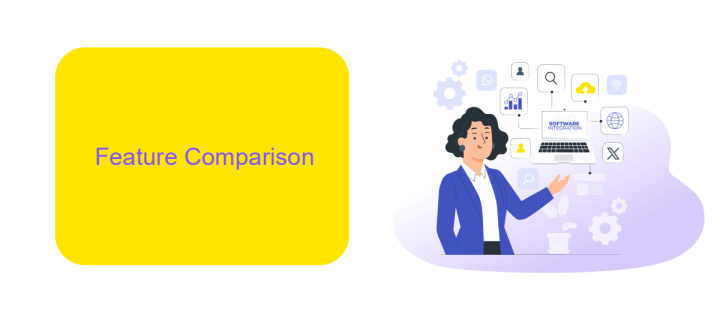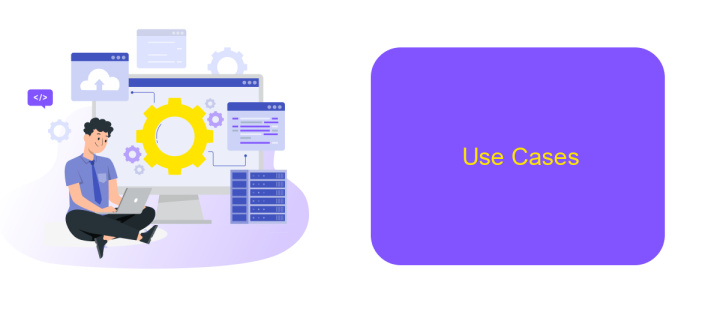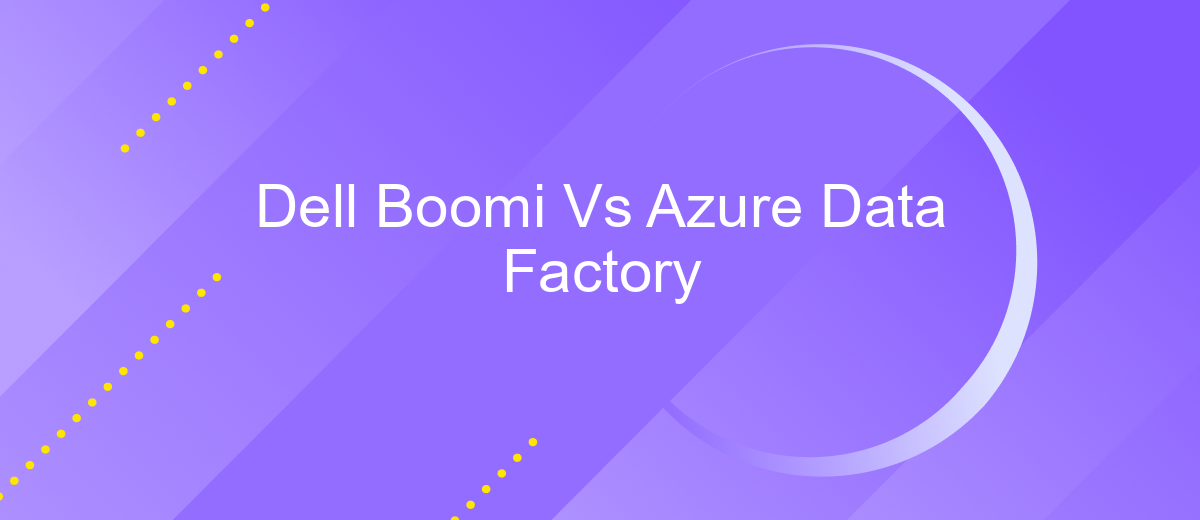Dell Boomi Vs Azure Data Factory
In the rapidly evolving landscape of data integration and management, choosing the right platform is crucial for businesses. Dell Boomi and Azure Data Factory are two leading solutions that offer robust capabilities for data integration, transformation, and orchestration. This article delves into a comparative analysis of these platforms, highlighting their features, advantages, and potential drawbacks to help you make an informed decision.
Introduction
In today's data-driven world, organizations are increasingly relying on integration platforms to streamline their data workflows and ensure seamless connectivity between disparate systems. Two popular solutions in this space are Dell Boomi and Azure Data Factory. Both platforms offer robust capabilities for data integration, transformation, and orchestration, but they cater to different needs and preferences.
- Dell Boomi: Known for its ease of use and rapid deployment, Dell Boomi is a versatile integration platform as a service (iPaaS) that supports a wide range of connectors and pre-built integrations.
- Azure Data Factory: A powerful data integration service from Microsoft, Azure Data Factory excels in handling complex data workflows and large-scale data processing tasks, especially within the Azure ecosystem.
Choosing the right integration platform depends on various factors, including the specific use cases, existing technology stack, and organizational requirements. Additionally, services like ApiX-Drive can further simplify the integration process by providing user-friendly tools for automating data flows between different applications and services. This article will delve deeper into the features, advantages, and limitations of Dell Boomi and Azure Data Factory to help you make an informed decision.
Feature Comparison

When comparing Dell Boomi and Azure Data Factory, it's important to note that both platforms offer robust integration capabilities, but they cater to different needs. Dell Boomi excels in providing a user-friendly, low-code environment that allows for rapid integration development. It features a wide range of pre-built connectors and templates, making it easier for businesses to connect various applications and data sources. Additionally, Dell Boomi's real-time integration and API management capabilities are highly effective for organizations seeking seamless data flow and connectivity.
On the other hand, Azure Data Factory is a cloud-based data integration service that specializes in handling large-scale data workloads. It offers extensive data transformation capabilities and supports a wide variety of data sources, both on-premises and in the cloud. Azure Data Factory is particularly strong in orchestrating complex data workflows and can efficiently manage big data processing tasks. For businesses looking for a powerful ETL (Extract, Transform, Load) solution, Azure Data Factory is an excellent choice. Both platforms can be complemented with services like ApiX-Drive to further streamline integration processes and enhance overall efficiency.
Pricing

When comparing Dell Boomi and Azure Data Factory in terms of pricing, it's essential to consider various factors such as subscription plans, pay-as-you-go options, and additional costs for specific features. Both platforms offer flexible pricing models to accommodate different business needs, but the specifics can vary significantly depending on usage and required functionalities.
- Dell Boomi: Dell Boomi typically offers subscription-based pricing, which can include different tiers based on the number of integrations and data volume. There are also costs associated with additional connectors and advanced features.
- Azure Data Factory: Azure Data Factory uses a pay-as-you-go model, charging based on pipeline orchestration, data movement, and data flow execution. The costs can add up depending on the complexity and frequency of data processing tasks.
For businesses looking to optimize their integration workflows without incurring high costs, services like ApiX-Drive can be a valuable addition. ApiX-Drive provides a more straightforward and cost-effective solution for setting up integrations, allowing companies to connect their applications and automate data flows efficiently. This can be particularly useful for smaller enterprises or those with less complex integration needs.
Use Cases

Dell Boomi and Azure Data Factory are powerful tools for data integration, each with unique strengths. Dell Boomi excels in simplifying complex integrations with its user-friendly interface, making it ideal for businesses looking to streamline their data workflows without extensive coding knowledge. Azure Data Factory, on the other hand, offers robust data orchestration capabilities, particularly suited for enterprises with substantial data processing needs.
When considering use cases, Dell Boomi is often chosen for its ability to connect various SaaS applications, on-premise systems, and cloud platforms seamlessly. It’s particularly effective for small to medium-sized enterprises that need to integrate multiple business applications quickly and efficiently. Azure Data Factory is preferred by larger organizations that require scalable data pipelines and advanced data transformation capabilities.
- Small to medium-sized businesses integrating multiple SaaS applications (Dell Boomi)
- Enterprises needing scalable and complex data pipelines (Azure Data Factory)
- Businesses seeking low-code integration solutions (Dell Boomi)
- Organizations requiring advanced data transformation and orchestration (Azure Data Factory)
Both platforms can be complemented by services like ApiX-Drive, which offers additional integration capabilities. ApiX-Drive enables businesses to automate data flow between various applications, enhancing the efficiency of both Dell Boomi and Azure Data Factory.
Conclusion
In conclusion, both Dell Boomi and Azure Data Factory offer robust solutions for data integration and transformation, each with its own set of strengths. Dell Boomi excels in providing an intuitive, user-friendly interface and a comprehensive set of pre-built connectors that make it easier for businesses to integrate a wide range of applications quickly. On the other hand, Azure Data Factory stands out with its powerful data transformation capabilities and seamless integration with other Azure services, making it an excellent choice for organizations heavily invested in the Microsoft ecosystem.
When choosing between these two platforms, it's crucial to consider your organization's specific needs and existing infrastructure. For those seeking a simpler, more accessible integration tool, Dell Boomi may be the better option. Conversely, for enterprises requiring advanced data processing and transformation within a cloud-first strategy, Azure Data Factory is likely the more suitable choice. Additionally, services like ApiX-Drive can further streamline integration processes, offering a versatile solution that bridges the gap between various platforms and enhances overall efficiency.
- Automate the work of an online store or landing
- Empower through integration
- Don't spend money on programmers and integrators
- Save time by automating routine tasks
FAQ
What are the main differences between Dell Boomi and Azure Data Factory?
Which platform is better for real-time data integration?
Can both Dell Boomi and Azure Data Factory handle complex data transformations?
How do Dell Boomi and Azure Data Factory handle error management and monitoring?
Is there a simpler alternative for small businesses to automate and integrate their workflows?
Apix-Drive is a universal tool that will quickly streamline any workflow, freeing you from routine and possible financial losses. Try ApiX-Drive in action and see how useful it is for you personally. In the meantime, when you are setting up connections between systems, think about where you are investing your free time, because now you will have much more of it.


